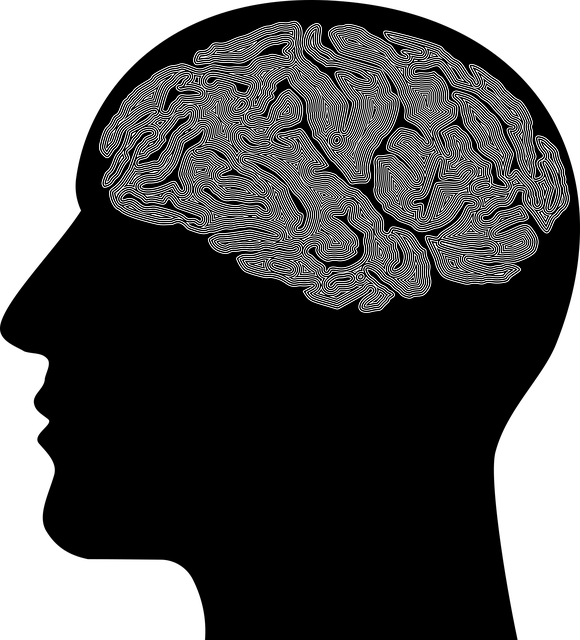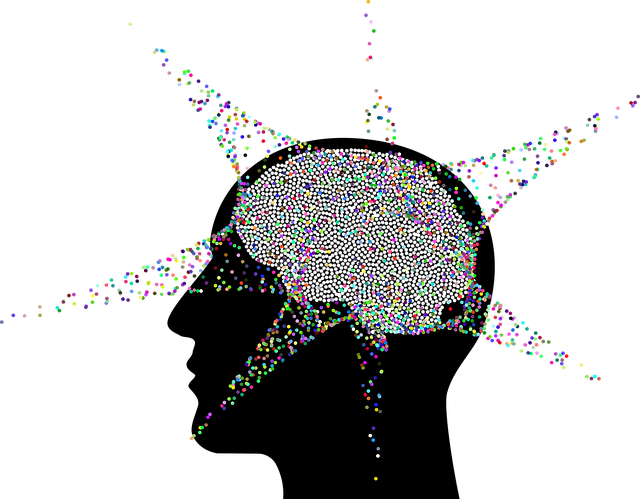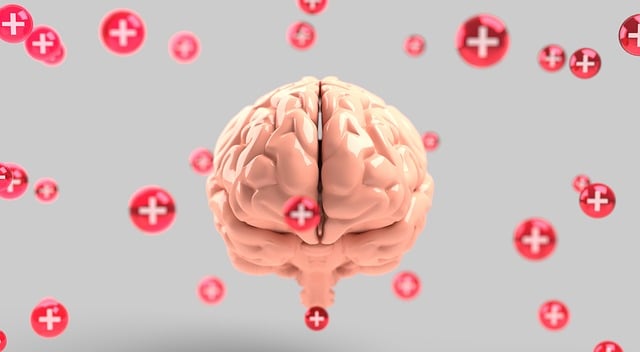Golden Child Abuse Therapy (GCAT) tackles substance abuse by addressing its roots in trauma and mental health conditions. This holistic approach identifies missed developmental needs from childhood, providing tools for emotional well-being management. Key strategies include recognizing personal triggers, learning coping mechanisms through Mind Over Matter principles, and risk assessment by mental health professionals. GCAT's multi-faceted strategy involves a collaborative team offering tailored interventions, public awareness campaigns educating on child abuse signs, and emotional healing processes focused on anxiety relief, resilience, and healthy attachment styles. Effective risk reduction strategies, including personalized coping mechanisms, self-care routines, and regular therapy sessions, empower individuals in recovery to lead healthy lives post-therapy.
Substance abuse poses significant risks, but proactive strategies can mitigate harm. This article delves into comprehensive approaches to prevent and manage substance misuse, focusing on the powerful tool of Golden Child Abuse Therapy (GCAT). We explore how GCAT identifies triggers and mitigates risks through tailored interventions. By understanding the roots of abuse and implementing effective risk reduction strategies, individuals can embrace long-term recovery and reclaim their lives. Discover practical steps towards a healthier, substance-free future.
- Understanding Substance Abuse: Identifying Risks and Triggers
- Golden Child Abuse Therapy: A Comprehensive Approach to Prevention
- Implementing Effective Risk Reduction Strategies for Long-Term Recovery
Understanding Substance Abuse: Identifying Risks and Triggers

Substance abuse is a complex issue that often stems from underlying mental health conditions and trauma. Understanding these roots is crucial in developing effective risk reduction strategies. Golden Child Abuse Therapy, for instance, focuses on identifying and addressing developmental issues that may have been missed during childhood, providing individuals with tools to manage their emotional well-being. This approach underscores the importance of early intervention and the connection between mental health and substance abuse prevention.
Recognizing personal triggers is a key step in risk management. Mental Health Education Programs Design often emphasize the role of environmental and social factors in triggering substance misuse. By learning about these triggers, individuals can develop coping mechanisms that utilize Mind Over Matter Principles—the idea that conscious thought and mindset can influence physical and mental states. Similarly, risk assessment for mental health professionals plays a vital role in identifying at-risk clients and tailoring interventions accordingly.
Golden Child Abuse Therapy: A Comprehensive Approach to Prevention

Golden Child Abuse Therapy represents a comprehensive approach to prevention and recovery. By focusing on early identification and intervention, this therapy aims to address root causes such as trauma, neglect, or emotional abuse, which often lead to substance abuse later in life. It involves a multidisciplinary team that includes psychologists, social workers, and medical professionals who work collaboratively to provide tailored support for each individual. This holistic approach not only helps in healing emotional wounds but also equips individuals with coping mechanisms to manage stress and anxiety, thereby reducing the risk of substance misuse.
Public Awareness Campaigns play a crucial role in complementing these therapeutic efforts by educating the public about the signs of child abuse and promoting empathy. They contribute to fostering a culture that prioritizes the well-being of children, encourages reporting of abuse, and facilitates early intervention. Additionally, Emotional Healing Processes within Golden Child Abuse Therapy incorporate strategies for anxiety relief, nurturing emotional resilience, and developing healthy attachment styles. These processes are essential in preventing substance abuse by ensuring that individuals grow up feeling valued, safe, and emotionally supported.
Implementing Effective Risk Reduction Strategies for Long-Term Recovery

Implementing effective risk reduction strategies is paramount for sustaining long-term recovery from substance abuse, especially in the case of Golden Child Abuse Therapy. This involves a multifaceted approach that goes beyond mere abstinence. For individuals in therapy, it’s crucial to integrate self-care practices into their daily routines as a proactive measure against relapse. Risk assessment for mental health professionals plays a significant role here; identifying triggers and high-risk situations allows for the development of personalized coping mechanisms.
Through regular risk assessment, therapists can guide clients in building a robust self-care routine that addresses emotional, physical, and psychological well-being. This could include activities like meditation, therapy sessions, engaging in creative pursuits, maintaining a balanced diet, and establishing a consistent sleep schedule. By adopting these strategies, individuals in recovery gain the tools to navigate challenging situations, enhance their mental resilience, and maintain a healthy, fulfilling life post-therapy.
Substance abuse is a complex issue, but with the right strategies, prevention and long-term recovery are achievable. By understanding the risks and triggers associated with substance misuse, individuals can take proactive steps towards a healthier lifestyle. Golden Child Abuse Therapy offers a unique and comprehensive approach to prevention, addressing the root causes of addiction. Implementing effective risk reduction strategies, such as therapy, support groups, and lifestyle changes, empowers individuals to break free from the cycle of abuse and foster a lasting sense of well-being.










